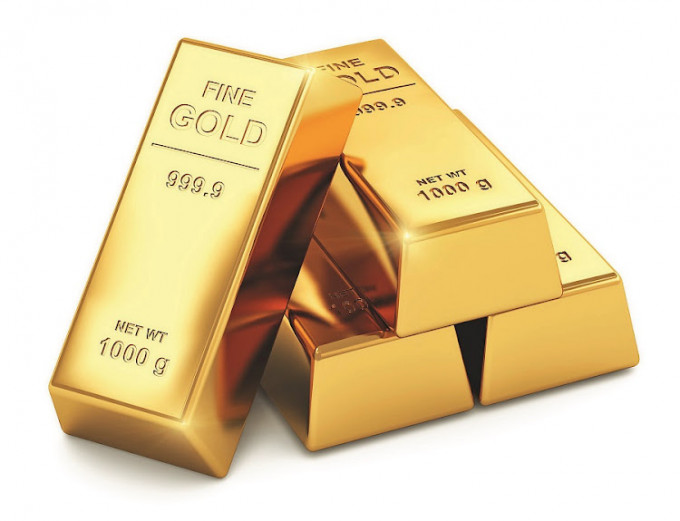A volcanic eruption on Indonesia’s turbulent Mount Merapi churned and boiled Monday, sending renewed flows of lava and ash down its slopes for a second day.
Pyroclastic flows — avalanches of rock, ash, and volcanic gas — burst from the mountain’s actively growing lava dome inside the crater.
The 2,968-meter (9,737-foot) peak is near Yogyakarta, an ancient city of several hundred thousand people embedded in a large metro area on the island of Java. The city is a center of Javanese culture and a seat of royal dynasties going back centuries.
Mount Merapi’s last major eruption in 2010 killed 347 people. Villagers living on Merapi’s fertile slopes were advised to stay 5 kilometers (3.1 miles) away from the crater’s mouth.
Hanik Humaid, the head of Yogyakarta’s Volcanology and Geological Hazard Mitigation Center, said the lava dome had been partially collapsing since Sunday when the latest eruption began. The initial blast sent hot ash 1,000 meters (3,280 feet) into the atmosphere.
Abbott was prime minister when China and Australia finalized a bilateral free trade deal which took effect in 2015. He also hosted a state visit by Chinese President Xi Jinping a year earlier.
Relations have since soured over issues including Australia banning Chinese telecom giant Huawei from major communications infrastructure projects, outlawing covert foreign interference in Australian politics, and calling for an independent investigation into the origins of the COVID-19 pandemic.
Abbott accused Beijing of “capricious boycotts” of Australian exports including coal, barley, wine, and seafood that demonstrated Chinese use of trade as a “strategic weapon.”
“The basic problem is that China’s daunting power is a consequence of the free world’s decision to invite a communist dictatorship into global trading networks,” Abbott said.
“China has exploited the West’s goodwill and wishful thinking to steal our technology and undercut our industries; and, in the process, become a much more powerful competitor than the old Soviet Union ever was, because it’s now a first-rate economy that’s rapidly developing a military to match; and spoiling for a fight over Taiwan, a pluralist democracy of 25 million that’s living proof there’s no totalitarian gene in the Chinese DNA,” Abbott added.
The Chinese Embassy in Australia did not respond to a request for comment on Monday.
Negotiations between India and Australia on a Comprehensive Economic Cooperation Agreement began in 2011 but were suspended in 2015.
India is particularly concerned by freer trade in Australian farm exports. New Delhi’s demands for less restrictive visas for Indian workers are a major sticking point for Australia.
Australia’s current Prime Minister Scott Morrison and his Indian counterpart Narendra Modi last year upgraded the bilateral relationship with a raft of agreements that strengthened defense ties and committed both nations to expand trade.
Abbott visited India last week to “propel our economic relationship to its full potential, to the mutual benefit of the Indian and Australian people,” Australian High Commissioner to India Barry O’Farrell said in a statement.
READ ALSO:








1672397318_680.jpg)